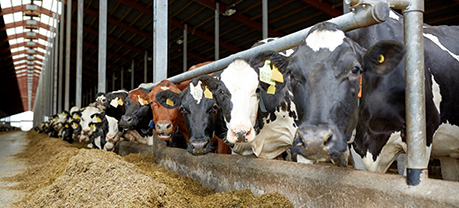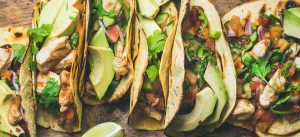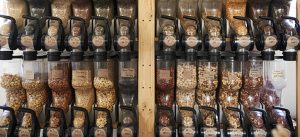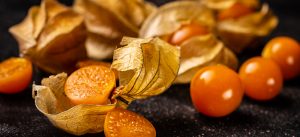Becoming a vegan or deciding to follow a plant based diet can be challenging when it comes to ingredients – We all know the obvious foods to avoid on a vegan diet, such as dairy and meat, but there are many other products that can often, surprisingly, contain non-vegan friendly ingredients which can be very confusing.
Many foods contain animal-derived ingredients or additives that most people don’t know about. If you’re new to veganism, take a look at this list of products to be cautious of, as often they can contain ingredients that are not obviously labelled as being derived from animals.
Non Vegan Ingredients
- *Albumen/Albumin / Serum albumin – the protein in egg white
- *Aspic – ingredients like meat, fish, stock are set into a gelatin
- *Bone char – is made by heating animal bones to incredibly high temperatures and helps removes impurities from sugar.
- *Beeswax (E901) – made from the honeycomb of a beehive
- *Carmine (E120)/Cochineal / Coccus cacti. E542 – a food colouring made by crushing a beetle
- *Casein / Sodium caseinate (E469)– type of protein derived in the milk from all mammalsand is the main component in cheese making. Take care as non-dairy food like soy cheese or coffee creamer can have it in.
- *Castoreum (E319) – food flavouring that comes from the secretions of beavers’ anal scent glands
- Cod liver oil – check those vitamins & supplements
- Collagen – used in cosmetics, but taken from the skin, bones and connective tissues of many animals
- Elastin – similar to collagen, derived from cows
- *Gelatine/Gelatin (E441) – from animal collagen found in baked goods to sweets, a product made by boiling animal parts
- Glycerol – Sweetener and used in cosmetics and they may contain animal fats as derived from Glycerine as can be sourced from a by-product of animal fats in the manufacturing of soap
- *Honey or Cera Alba (in cosmetics)– Produced by bees.
- *Isinglass – gelatine-like substance is derived from fish bladder, is a clarifying agent used in wine making and beer brewing.
- *Keratin – made using the skin, bones and tissues of many animals
- Lactic acid (E270) – may be animal-derived obtained from whey but many made from cane sugar or beet sugar
- *Lactose – a sugar composed of galactose and glucose that is found in milk.
- *Lanolin (E913) Oil glands of sheep and extracted from wool
- *Lard/Tallow – animal fat, found in cooking, soaps and even money
- L. Cysteine (E910) – an amino acid used to prolong shelf-life in products such as commercial bread and baked goods can be found in duck and chicken feathers and cow horns, but most that’s used in food comes from human hair.
- Lecithin (E322) – derived from two potential sources egg yolk or soybeans
- Omega-3 fatty acids – come from fish but a vegan version is available derived from algae
- *Pepsin – from the stomachs of pigs, a clotting agent used in vitamins
- *Propolis – bees use it in the making of their hives
- *Royal Jelly – used as a remedy, bees secrete this from their throat glands
- *Rennet – complex of enzymes produced in the stomachs of ruminant mammals. Used to separate milk into solid curds for cheesemaking and liquid whey.
- *Shellac (E904)– secreted by the female lac insect used as a glaze for sweets,wax coating for fresh produce like fruit & veg and nail varnish
- Vitamin D3 – derived from fish oil or lanolin, found in cosmetics. Orange Juice can have it in. ‘Lichen’ is the vegan alternative
- *Whey – a by-product of cheese making found in so many products from crisps to baked goods but comes from dairy as it is the remaining liquid once milk has been curdled, or churned, and then strained. Whey protein is often added to many nutritional supplements and protein shakes.
- Disodium inosinate (E631) – generally produced from meat, including fish but can be obtained from bacterial fermentation of sugars food additive.
- Potassium nitrate (E252) – can be artificially manufactured from waste animal matter often found in smoked type cheeses. Vegetarian beware cheese can be made from vegetable rennet but need to check potassium nitrate.
- Canthaxanthin (orange) xanthophylls (yellow) – Natural Food Colouring but sometimes be made from fish and invertebrates with hard shells
- Riboflavin (Vitamin B-2) – could be derived from animal sources in rare cases
Non Vegan Ingredients Info
Loads of great additional information available.
E-numbers – Derived from plant and/or animal sources
28 foods and ingredients to avoid on a vegan diet



